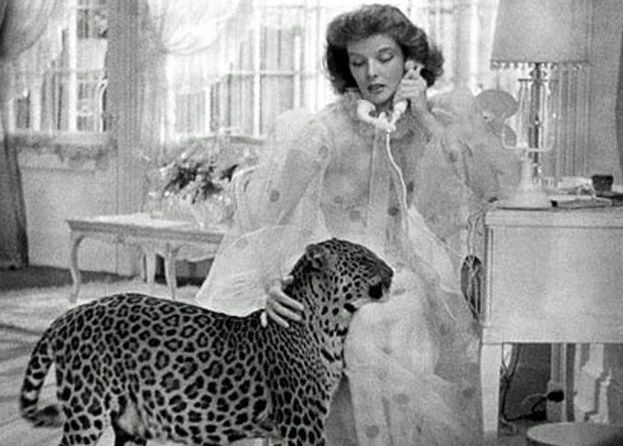
Above where your right breast used to be
the oncologist implanted a port to make things easier.
“It takes forever,” you say. “An hour’s drive, each
way, an entire day used up, laying
there.”
But first, the tourniquet, tied to your upper arm,
the cheery nurse, tapping for a working vein,
your thick blood at last flooding into one syringe
after another. Then the weigh-in, each time
less. “Bone and skin now,” you say.
If your numbers are good, you head
to the chemo room, rows of cushy
recliners, supplicants tethered to plastic bags
held high by IV poles, a forest of metal trees.
You unbutton your blouse, offer up the convenient
port to a flush of saline – like ocean, you tell me,
like waves.
Next, the chemicals, those shimmering droplets
riding the plastic tube into your chest,
a kind red blanket, thrown
over your legs.
I tear the best New Yorker short stories
from the magazine and mail them
to you in Port Townsend.
Something to pass the time. Something non-
medical to discuss when we chat each week.
We both know you’re dying, though your
husband still has faith, and you cling to his
hope, coming back week after week because
it makes his life bearable.
When the chemo bags are empty,
and the stories read, you leave the pages behind
for a needful stranger.
In 2000, when you lost your breast,
your husband insisted you have
chemo then, too.
“It makes me feel more dead than alive,”
you confessed to me after the first week.
Appointment days, you’d leave the house,
drive to the woods, walk the trails
instead of treatment, those
huge redwood trees shading your path.
Each evening you’d return to your
husband’s innocent embrace.
You made me promise not to tell.
And I never did, until now.
For Kate O’Donnell, (1949-2014)
First published in the Nashville Review.
Alexis Rhone Fancher is published in Best American Poetry 2016, Plume, Rattle, Diode, Rust & Moth, Nashville Review, Verse Daily, and elsewhere. She is the author of How I Lost My Virginity To Michael Cohen and other heart stab poems,(2014), State of Grace: The Joshua Elegies, (2015), and Enter Here (2017). A multiple Pushcart Prize and Best of the Net nominee, Alexis is poetry editor of Cultural Weekly.
http://www.alexisrhonefancher.com
Art by Brooke Warren.





















